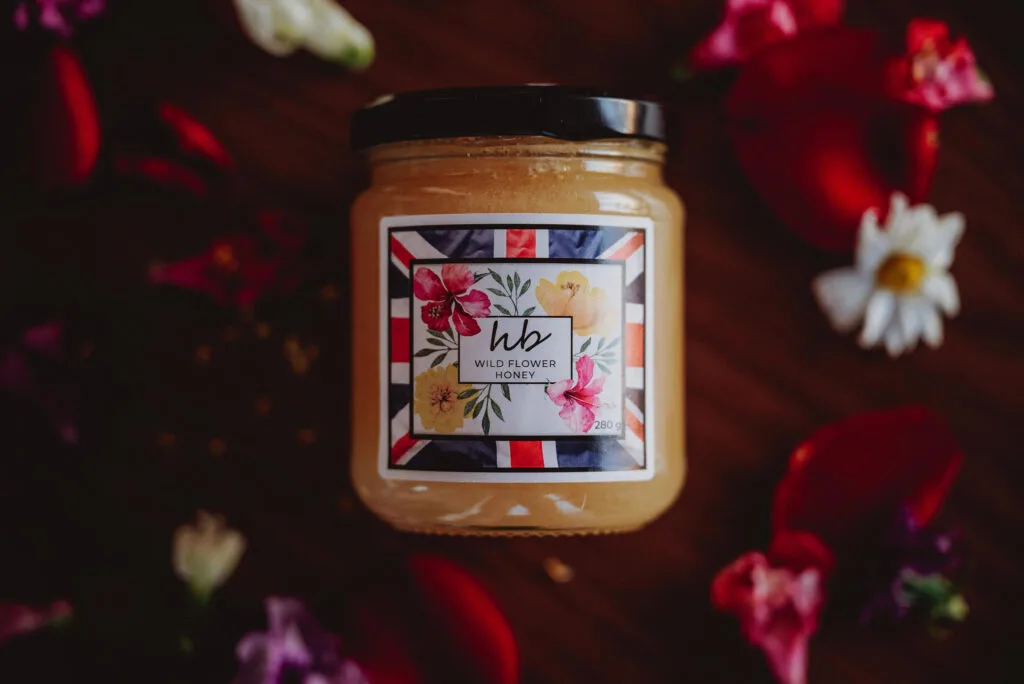Debunking Myths and Misconceptions About Raw Honey
Raw honey has been a beloved natural sweetener for centuries, praised for its unique flavour, nutritional benefits, and versatility. Despite its growing popularity, several myths and misconceptions about raw honey persist, leaving many consumers confused about its true qualities. In this article, we’ll address and debunk some of the most common myths, helping you make informed choices about this sweet treasure from nature.
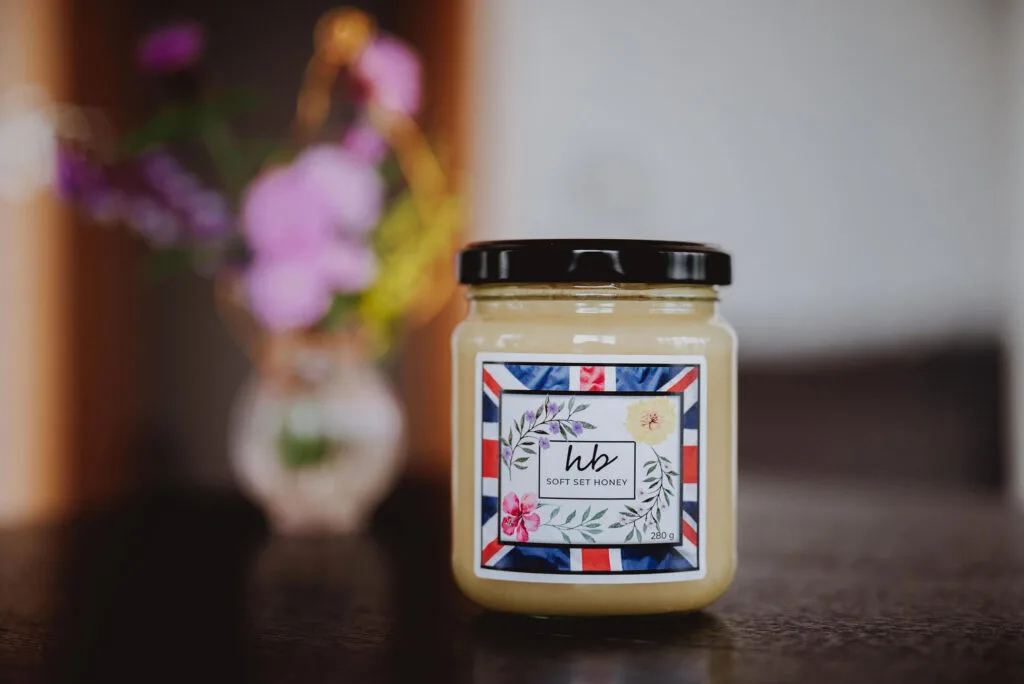
Myth 1: Raw Honey is Unsafe to Eat
The Truth: Raw Honey is Safe for Most People
One of the most common misconceptions about raw honey is that it’s unsafe to consume because it’s unprocessed. While it’s true that raw honey is unpasteurized and may contain traces of pollen, beeswax, and natural enzymes, these elements are actually what make it so nutritious.
Who Should Avoid Raw Honey?
The only exception is for children under one-year-old, as raw honey may contain Clostridium botulinum spores, which can cause infant botulism. For anyone else, raw honey is safe and packed with health benefits.
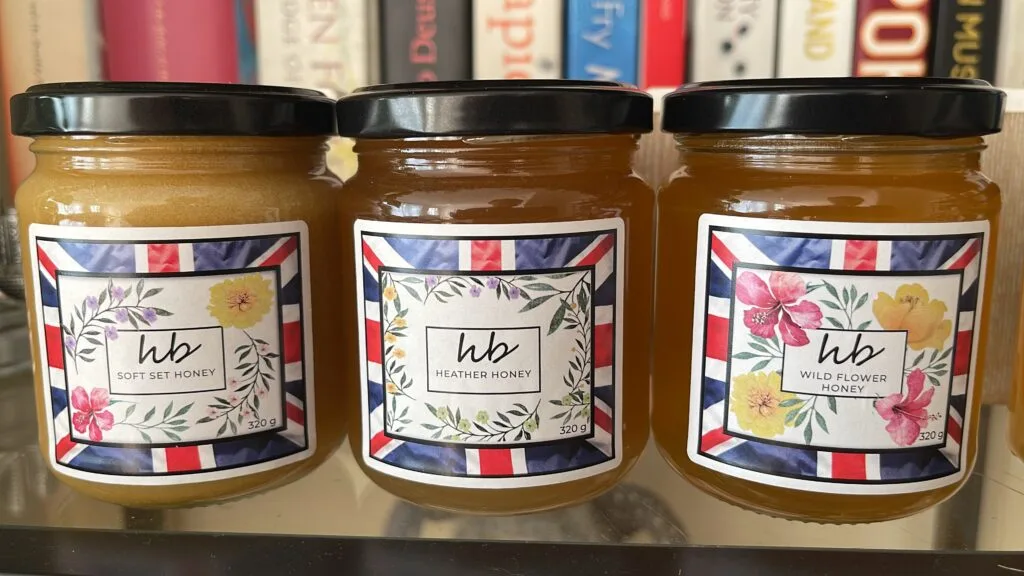
Myth 2: Raw Honey Causes Weight Gain
The Truth: Raw Honey is a Natural, Healthier Sweetener
Raw honey, like any sweetener, contains calories and should be consumed in moderation. However, unlike refined sugar, raw honey is nutrient-dense, offering antioxidants, enzymes, and trace minerals that provide additional health benefits.
Why It’s Better Than Sugar:
Raw honey has a lower glycemic index than refined sugar, meaning it doesn’t cause the same rapid spike in blood sugar levels. This makes it a more balanced choice for those managing their sugar intake.
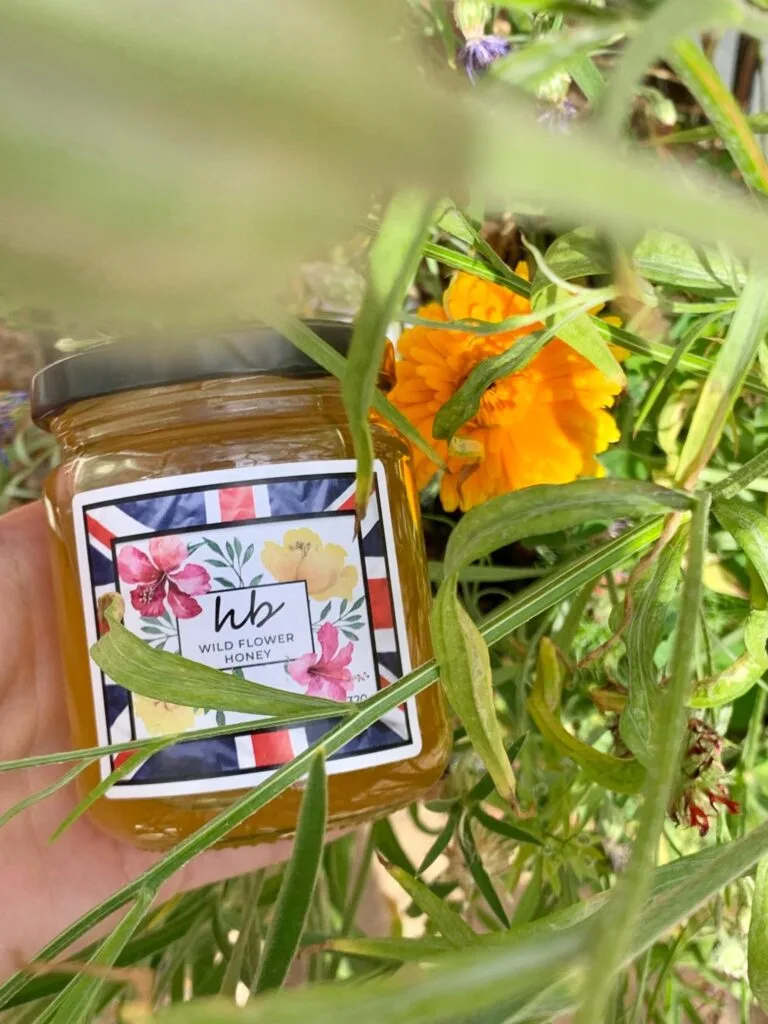
Myth 3: Raw Honey is the Same as Processed Honey
The Truth: Raw Honey Retains Its Nutritional Integrity
Processed honey is often heated, filtered, and treated to improve shelf life and appearance. Unfortunately, this process removes many of the beneficial nutrients found in raw honey, including enzymes, antioxidants, and trace amounts of pollen.
What Sets Raw Honey Apart:
- Unfiltered: Contains pollen, which may offer allergy-relief benefits.
- Rich in Nutrients: Retains natural vitamins and minerals.
- Authentic Flavor: Offers a more complex taste profile that varies depending on the flowers the bees visited.
When choosing honey, always look for the word “raw” on the label to ensure you’re getting the full range of benefits.
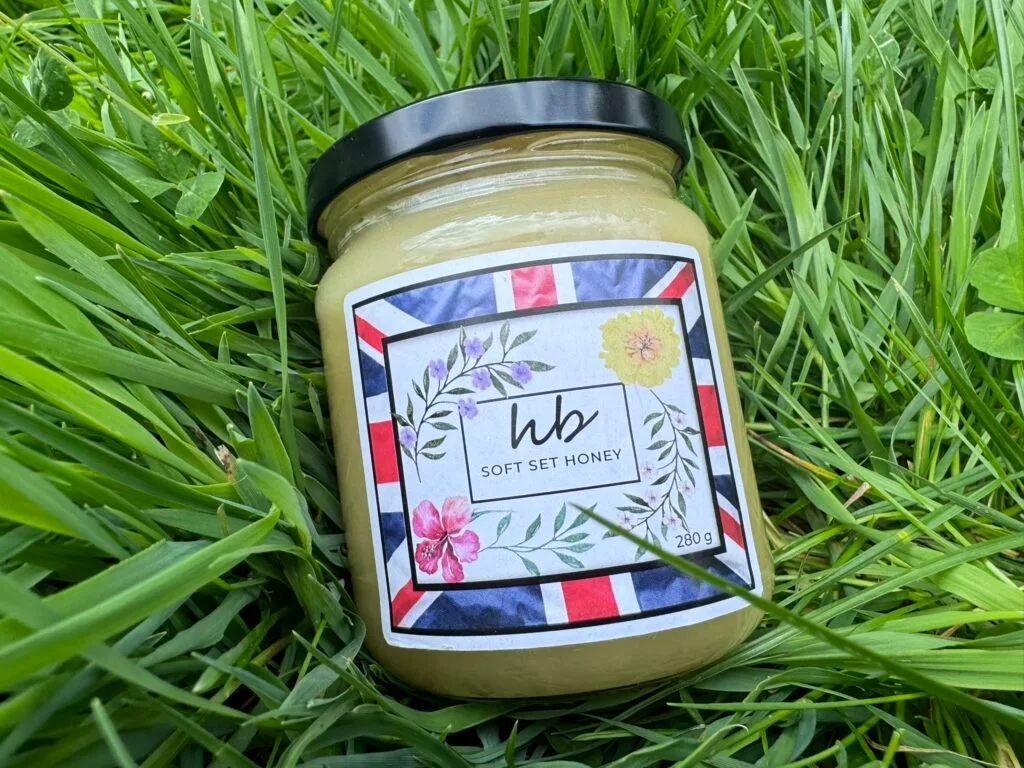
Myth 4: Crystallized Honey is Spoiled
The Truth: Crystallization is a Natural Process
Crystallization occurs when the glucose in honey separates from the water, forming crystals. This is a natural and inevitable process that doesn’t affect the quality, safety, or flavour of the honey.
How to Fix It:
If you prefer liquid honey, place the jar in a bowl of warm water or let it sit in a sunny spot until it returns to its liquid state. Avoid microwaving or boiling, as high heat can destroy the beneficial properties of raw honey.
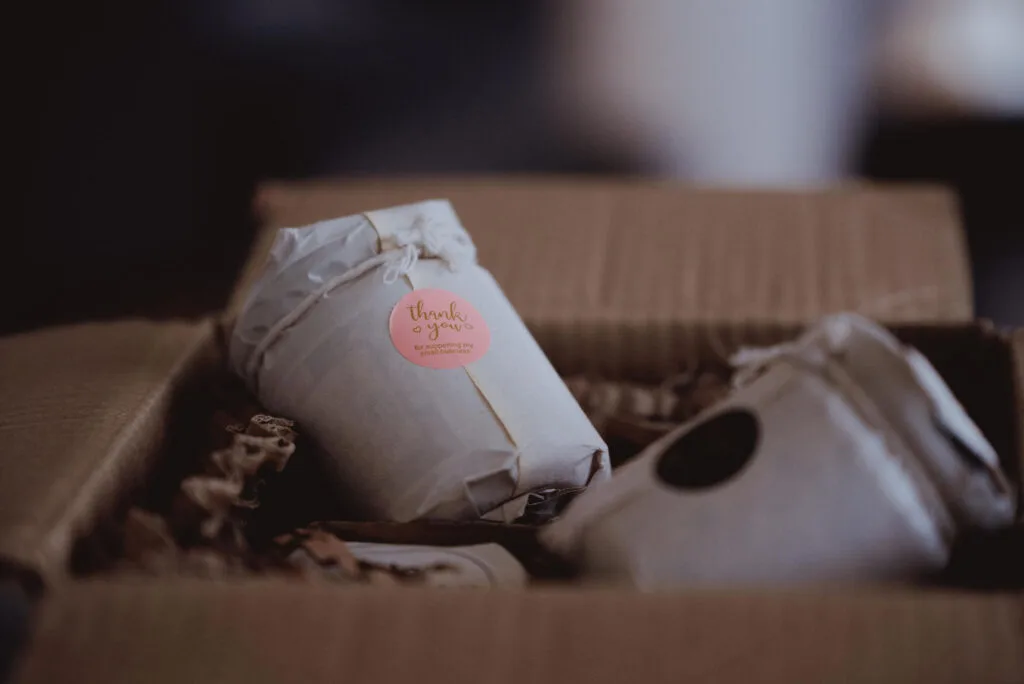
Myth 5: All Raw Honey Tastes the Same
The Truth: Raw Honey’s Flavor Depends on the Flowers
The flavour of raw honey varies widely depending on the floral source of the nectar. For example:
- Clover Honey: Mild and sweet, ideal for everyday use.
- Manuka Honey: Earthy and slightly bitter, prized for its medicinal properties.
- Wildflower Honey: Complex and aromatic, with flavours that change seasonally.
Experimenting with different varieties allows you to discover unique flavours and pairings.
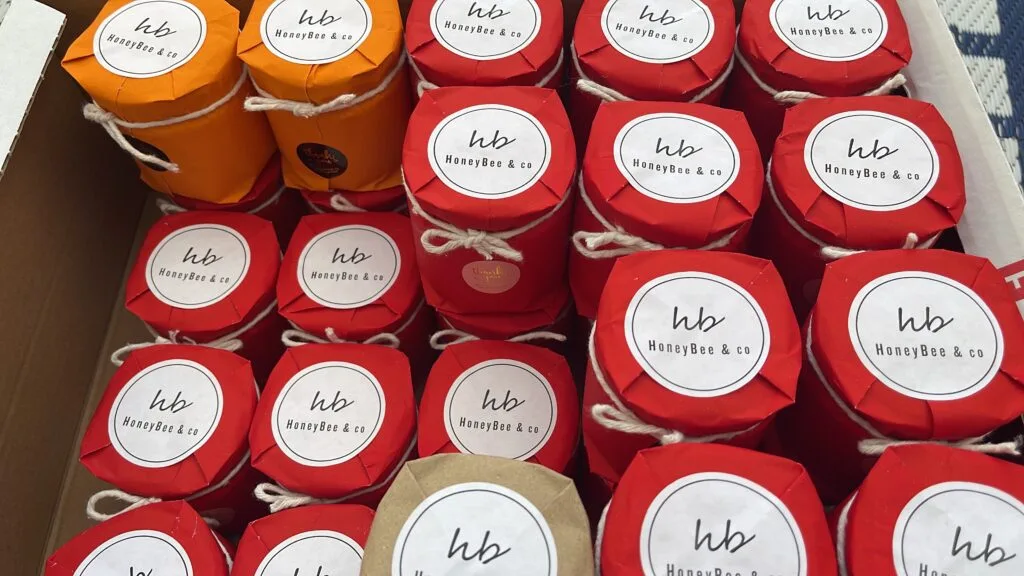
Myth 6: Raw Honey Can Cure All Ailments
The Truth: Raw Honey Offers Benefits, But It’s Not a Miracle Cure
Raw honey has many health benefits, including antibacterial properties, immune support, and wound-healing capabilities. However, it’s important to approach these claims with a balanced perspective.
What Raw Honey Can Do:
- Soothe a sore throat.
- Act as a natural cough suppressant.
- Provide antioxidants that support overall health.
What It Can’t Do:
- Replace medical treatments for serious conditions.
- Serve as a one-size-fits-all remedy for chronic illnesses.
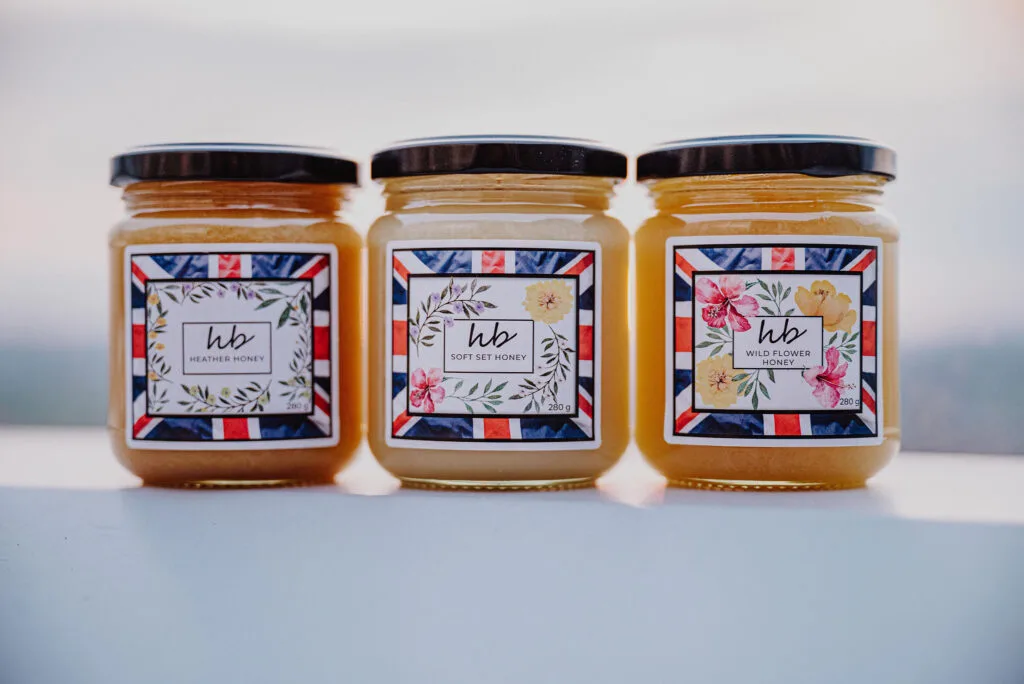
Myth 7: Expensive Honey is Always Better
The Truth: Price Doesn’t Always Reflect Quality
While some premium honeys, like Manuka, are more expensive due to their unique properties and production processes, the price tag isn’t always an indicator of quality. Factors like authenticity, sourcing, and processing methods matter more.
How to Choose High-Quality Raw Honey:
- Look for “raw” or “unpasteurized” on the label.
- Choose honey that’s locally sourced to support ethical beekeeping practices.
- Avoid overly clear or uniform honey, which may have been heavily processed.
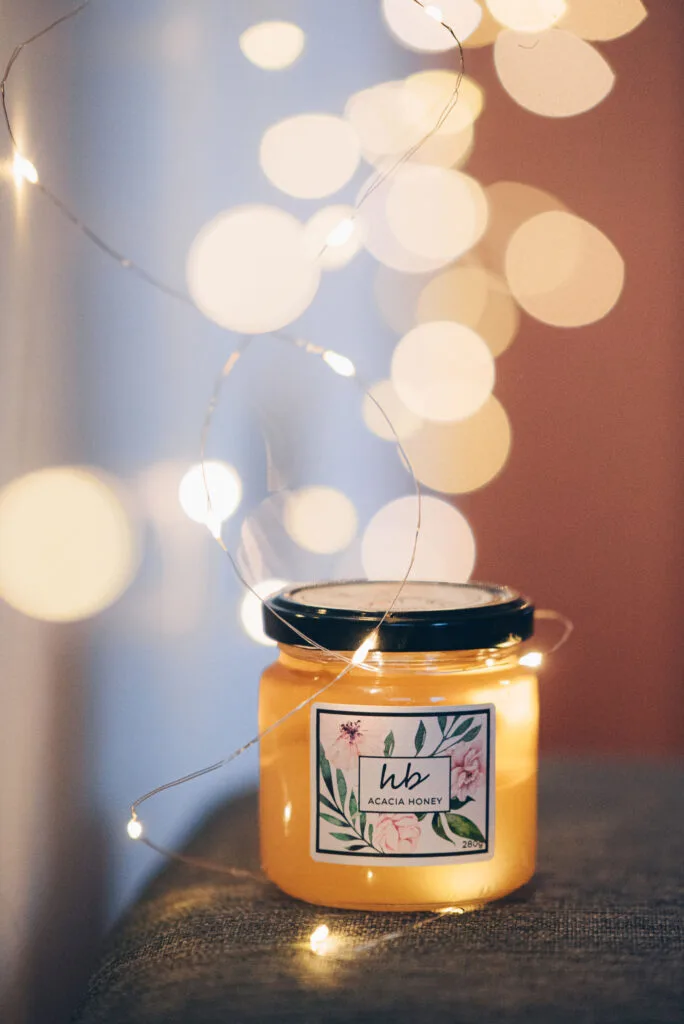
Myth 8: Raw Honey is Only a Sweetener
The Truth: Raw Honey Has Many Uses Beyond the Kitchen
Raw honey is not just a delicious sweetener—it’s also a versatile ingredient with a range of applications:
- In Skincare: Used as a natural moisturizer and acne treatment.
- In Medicine: Applied to wounds for its antibacterial properties.
- In Drinks: Stirred into teas, cocktails, or homemade syrups.
Its versatility makes it a fantastic addition to any home.
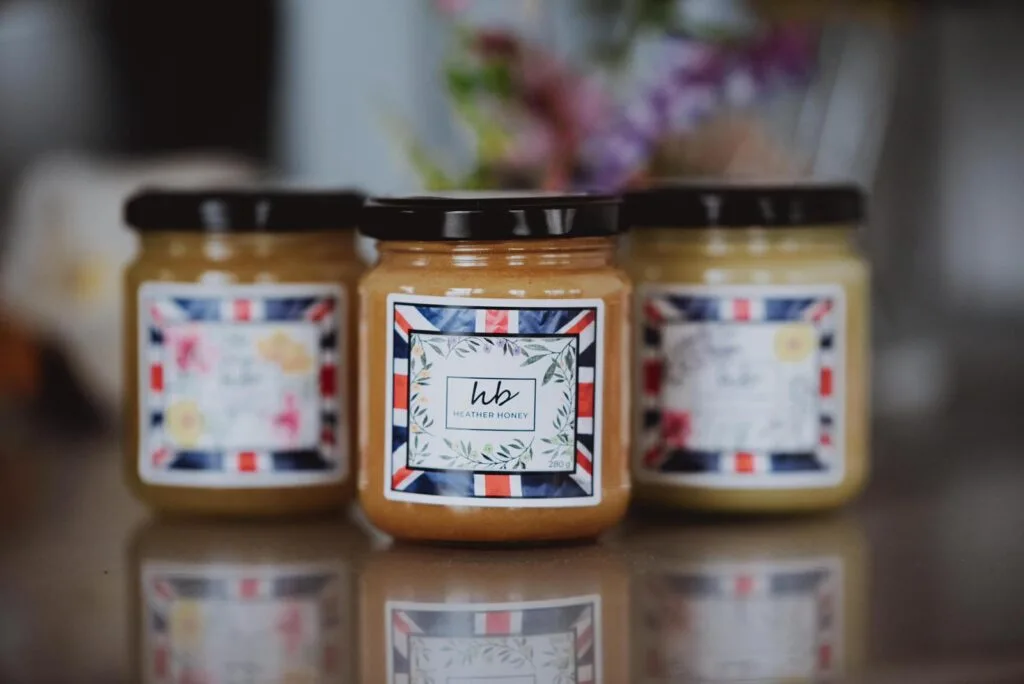
Myth 9: Pollen in Raw Honey is Harmful
The Truth: Pollen May Offer Health Benefits
Raw honey often contains traces of pollen, which some believe can help reduce seasonal allergies by building up tolerance. While the science is still emerging, pollen in raw honey is generally considered safe and may contribute to its unique flavour and nutritional profile.
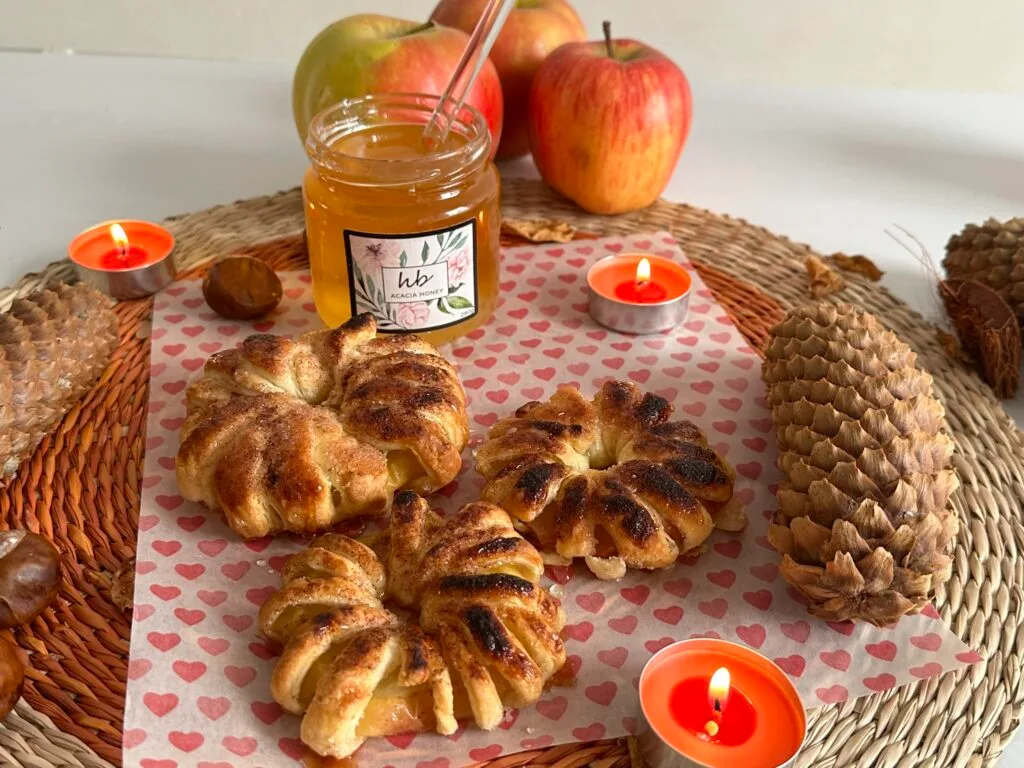
Myth 10: Raw Honey Lasts Forever Without Any Care
The Truth: Proper Storage Ensures Longevity
While raw honey doesn’t spoil, improper storage can impact its texture and flavour. Always store honey in a cool, dry place and keep the lid tightly sealed to prevent moisture absorption.
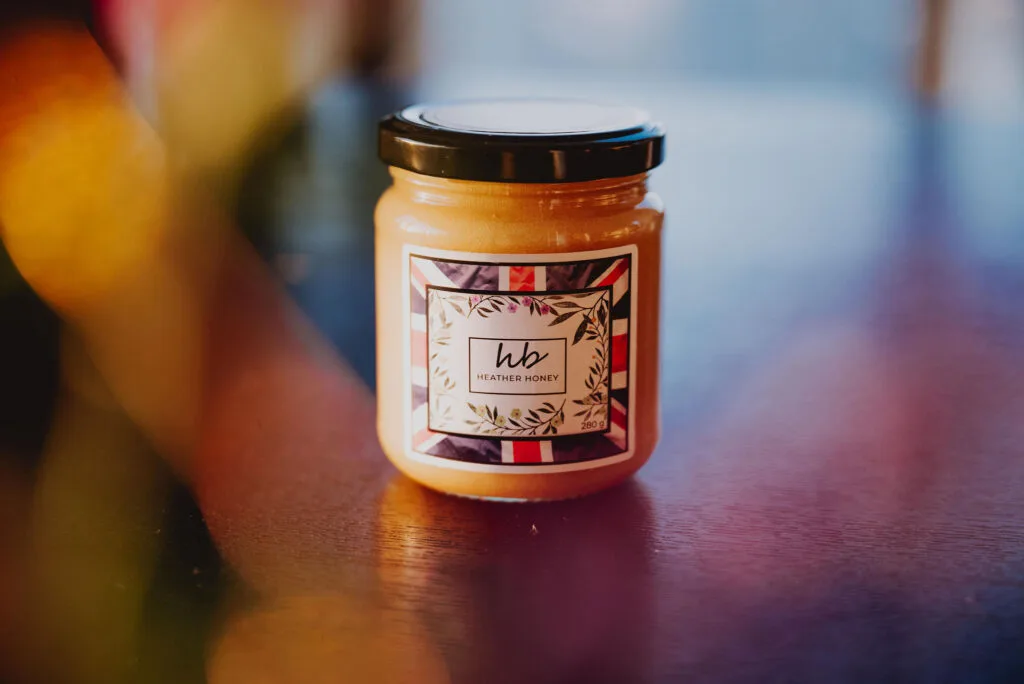
Conclusion: Separating Fact from Fiction
Raw honey is a natural wonder, celebrated for its flavour, versatility, and health benefits. By debunking these common myths, we hope to provide clarity and encourage more people to explore the joys of raw honey. At HoneyBee & Co., we’re passionate about offering high-quality, sustainably sourced honey that you can trust.
Ready to taste the difference? Explore our collection of raw honey and bring nature’s sweetness into your life.
Visit us at HoneyBee & Co. today!

